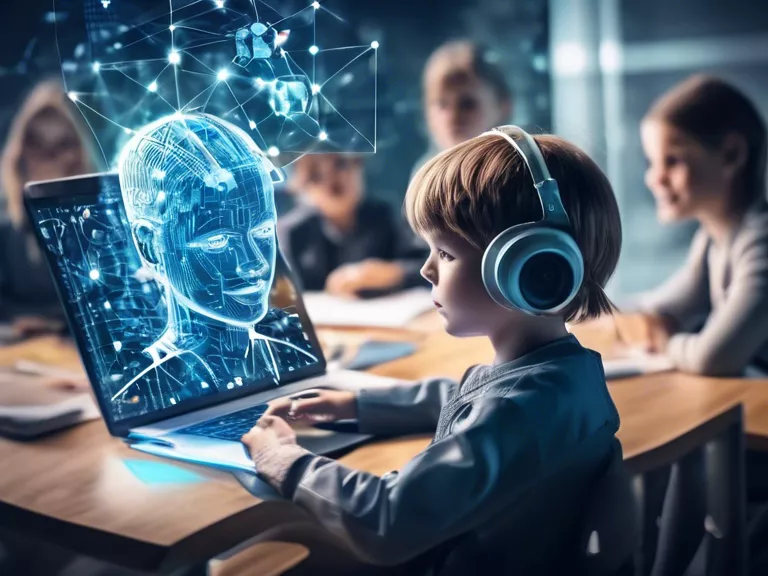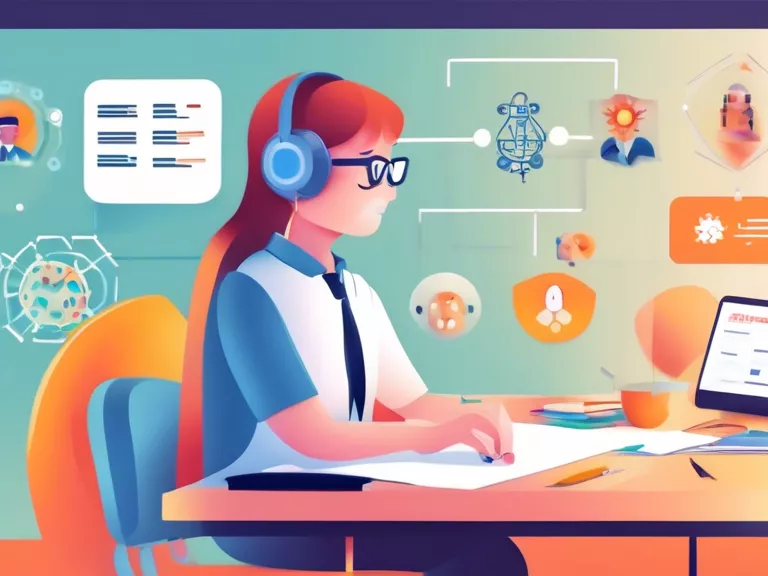
Artificial Intelligence (AI) has the potential to revolutionize remote learning for underserved communities by providing personalized support and bridging the digital divide. This technology can help tailor educational content to meet the individual needs of each student, making learning more engaging and effective. By utilizing AI-powered tools, educators can identify learning gaps, suggest appropriate resources, and track student progress more efficiently. Additionally, AI can also assist in providing language translation services, making educational materials more accessible to students from diverse backgrounds.
One of the key benefits of AI in supporting remote learning for underserved communities is its ability to provide personalized feedback and recommendations to students. Through machine learning algorithms, AI can analyze student performance data and offer targeted interventions to help struggling learners. This individualized approach can significantly improve learning outcomes and increase student engagement.
Furthermore, AI can help address the lack of access to quality educational resources in underserved communities. By utilizing AI-powered platforms, students can access a wide range of educational materials, including interactive learning modules, digital textbooks, and online tutorials. This can level the playing field for students who may not have access to traditional learning resources.
In conclusion, AI has the potential to transform remote learning for underserved communities by providing personalized support, bridging the digital divide, and increasing access to quality educational resources. By leveraging AI-powered tools, educators can ensure that all students have the opportunity to receive a high-quality education, regardless of their background or circumstances.



